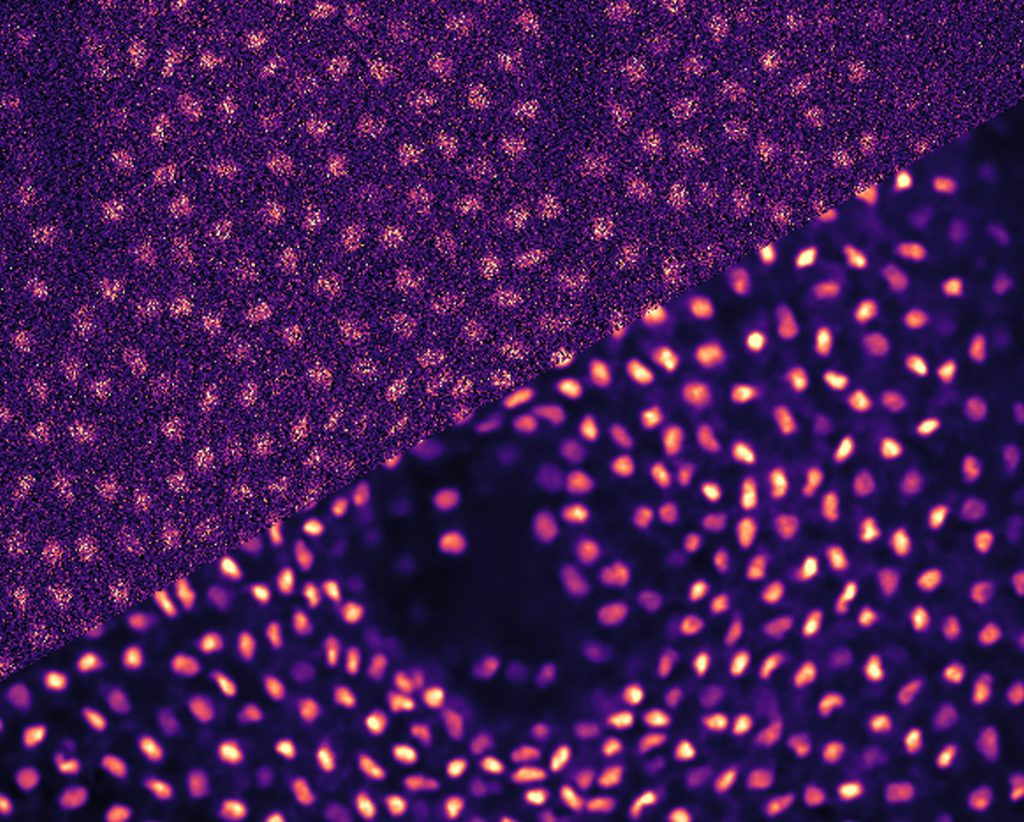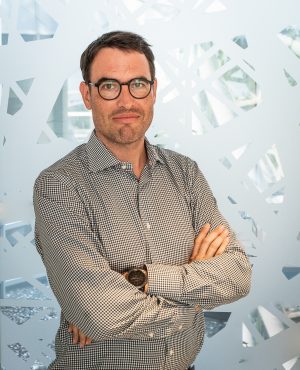Content-Aware Image Restoration (CARE) Workshop


Category: Course / Workshop
Location: Online
Registration Deadline: 12/04/2021
Date: 19/05/2021 - 21/05/2021
Target Audience: Up to 20 microscopy users/biologists willing to develop and/or strengthen their knowledge about deep learning software
Course requirements: personal workstation/laptop with high-speed internet connection. Zoom installation preferred, no other specific software needed
Background reading: https://www.learnpython.org
AIM
Fluorescence microscopy is a key driver of discoveries in the life-sciences, with observable phenomena being limited by the microscope optics, the chemistry of the fluorophores, and the maximum photon exposure tolerated by the sample. These limits require trade-offs between imaging speed, spatial resolution, light exposure, and imaging depth. While the image formation process in electron microscopy is quite different, similar limitations apply there as well.
In this workshop we will introduce participants to recently developed software packages that make heavy use of deep learning to enables biological observations beyond the physical limitations imposed by microscopes.
CONTENT & METHODS
- Microscopy primer: How to acquire suitable data for CARE methods to apply?
- Deep Learning Primer: Concise introduction to Deep Learning.
- CARE: Content-aware image restoration via python packages from CSBDeep.
- CARE trained Noise2Noise: training restoration models without having ground-truth images available.
- Noise2Void: training denoising models on any microscopy data.
- Fiji basics: some basic Fiji tricks and how to apply a trained restoration network to your data directly in Fiji.
- CSBDeep Fiji Plugins: quick tour through the existing CARE modules within Fiji.
- ZeroCostDL4Microscopy: tour through this growing collection of python notebooks, using GoogleCollab for training and execution of DL models.
PROGRAMME
This course will be very hands-on, with some time spent on discussing what you will have to think about when sitting at the microscope in order to acquire suitable data. The vast majority of time will be spent in front of your computer, working on practical exercises that will familiarise yourself with supervised and unsupervised CARE methods.
In the mornings, short lectures and presentations will help you to understand some important concepts of Deep Learning and CARE methods. Then you will be presented with the exercises for the day. The remainder of the day will be available for interaction with the other course members and instructors in order to find your preferred solution(s). Once exercises are finished, students are encouraged to work on their own data. Lecturers and tutors will be available for discussions and problem solving throughout the course.
The day will usually end with short presentations by selected course participants, showing their way to solve the given tasks of the day. On the evening of the last day small groups of students will give a final presentation.
Contact: [email protected]
Lecturers & Trainers
-
 Florian Jug
Florian Jug
Research Group Leader, HT -
 Anna Kreshuk
Anna Kreshuk
Group Leader, EMBL Heidelberg, Germany -
 Jan Funke
Jan Funke
Group Leader, Janelia Research Campus, USA
Scientific Organiser
-
 Florian Jug
Florian Jug
Research Group Leader, HT